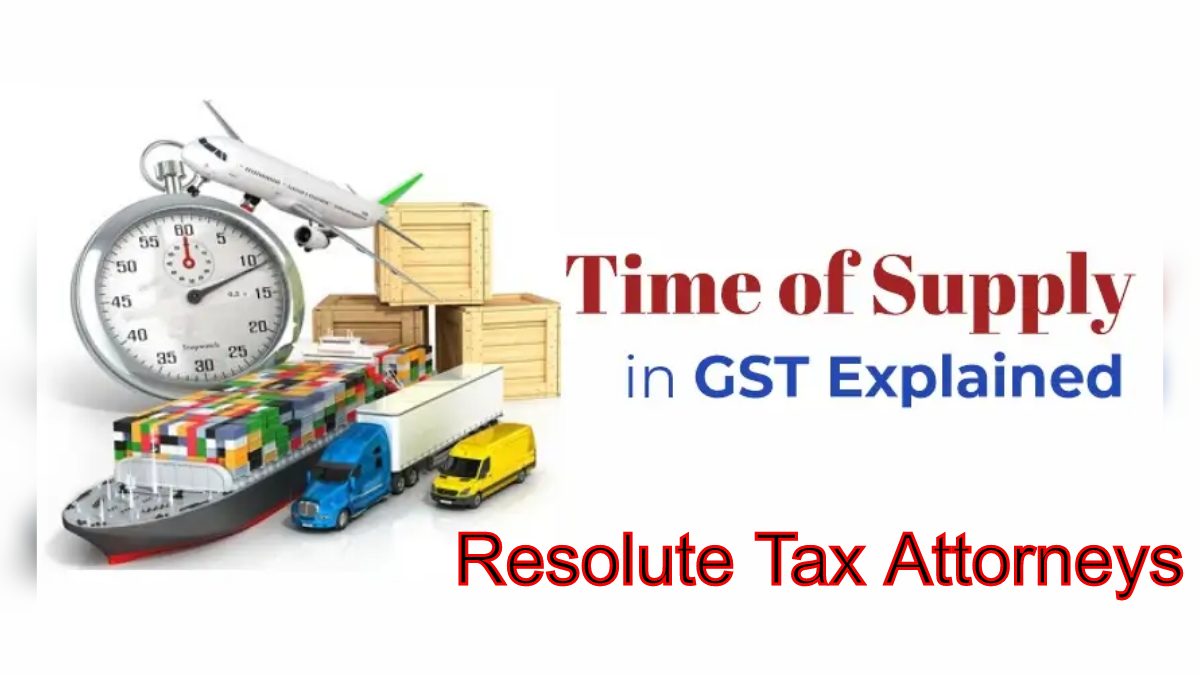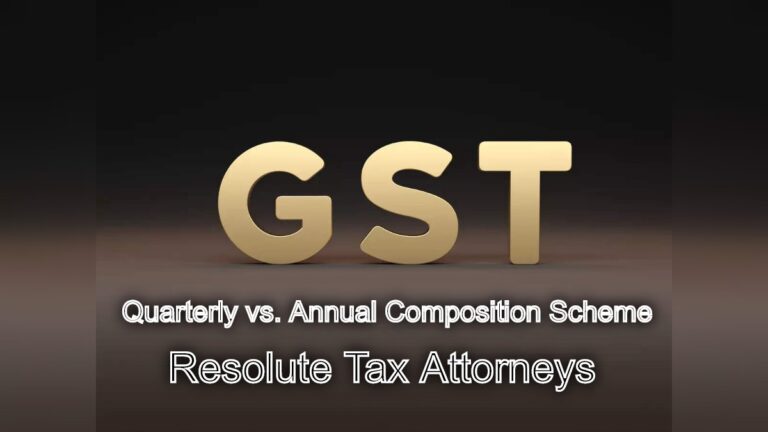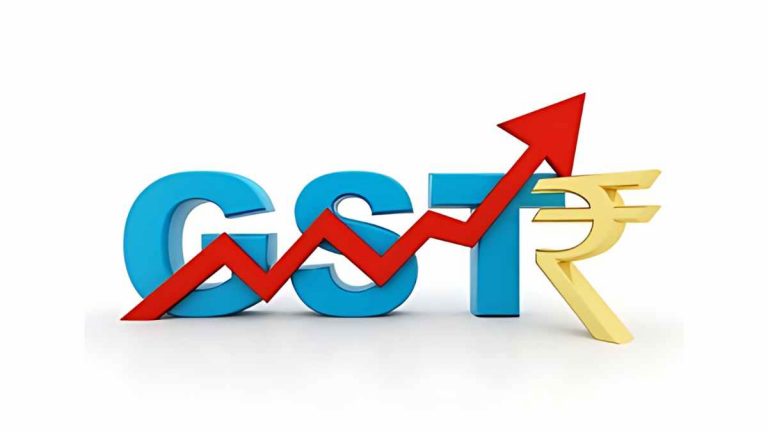Mastering Time of Supply for Goods: Expert Tips for GST Compliance
Mastering Time of Supply for Goods: The Goods and Services Tax (GST) introduced a revolutionary change in the Indian indirect tax landscape. However, navigating the intricacies of GST compliance can be a challenge for businesses of all sizes. One crucial aspect of ensuring seamless compliance is mastering the concept of “Time of Supply” (ToS) for goods. This article, brought to you by Resolute Tax Attorneys, a team of expert GST lawyers in Chennai, will equip you with the knowledge and practical tips to conquer ToS for goods.
Mastering Time of Supply for Goods: Expert Tips for GST Compliance
Understanding ToS is paramount because it directly impacts what gets taxed and when. Simply put, ToS determines the exact point in time when a supply of goods is considered to have happened for GST purposes. This, in turn, dictates the applicable tax rate, the filing deadline for your GST return, and your eligibility to claim input tax credit (ITC).
Here’s why mastering ToS is critical for your business:
- Accurate Tax Calculations: A precise understanding of ToS ensures you calculate your GST liability accurately. Incorrect ToS determination can lead to underpayment or overpayment of tax, both of which can result in penalties and unnecessary complications.
- Streamlined GST Compliance: Knowing the ToS for your specific transactions allows you to streamline your GST compliance processes. You can file your returns on time, claim eligible ITC efficiently, and avoid potential delays or disruptions.
- Reduced Risk of Audits: A clear understanding of ToS minimizes the risk of discrepancies during GST audits. By maintaining meticulous records and adhering to ToS guidelines, you can confidently face any scrutiny from the tax authorities.
Now, let’s delve into some expert tips from Resolute Tax Attorneys to help you master ToS for goods:
- Identify the Type of Supply: The first step is to identify the specific type of supply involved. Is it a sale of goods, an advance payment for goods, or a barter transaction? Each type has its own set of ToS rules.
- Know the GST Provisions: The GST Act and relevant notifications clearly define the ToS for different scenarios. Familiarize yourself with these provisions or seek guidance from a GST professional to ensure you’re adhering to the latest regulations.
- Consider Contractual Terms: While the GST law lays the groundwork, the terms of your contract with the buyer can also influence ToS. Carefully review your agreements to identify any clauses that might alter the standard ToS rules.
- Maintain Detailed Records: Documenting your transactions meticulously is crucial. Maintain clear records of invoices, delivery challans, payment receipts, and any other relevant documents. These records will be essential for determining the ToS and supporting your claims during GST filing or audits.
- Leverage Technology: Accounting software with in-built GST functionalities can significantly simplify ToS determination and GST compliance. These tools can automate calculations, track deadlines, and generate accurate reports.
Here are some additional points to remember:
- In general, the ToS for the supply of goods occurs on the earlier of the date of invoice or the date of delivery.
- Advance payments received before the supply of goods attract GST liability at the time of receipt.
- There are specific rules for ToS in case of consignment sales, bill of lading shipments, and export of goods.
Common FAQs on Time of Supply for Goods:
If you identify an error in ToS determination, you can rectify it by filing revised GST returns with any applicable interest or penalty. Seeking professional advice from a GST lawyer is recommended in such situations.
For imports, the ToS is generally considered the date of customs clearance. However, specific provisions might apply depending on the type of import and the terms of the international trade transaction.
While contractual terms can influence certain aspects, the core principles of ToS as defined by the GST law cannot be overridden by private agreements.
Maintain invoices, delivery challans, payment receipts, purchase orders, and any communication related to the supply of goods.
Non-compliance can lead to tax demands, interest charges, penalties, and potential legal proceedings.
By following these expert tips and understanding the common FAQs, you can gain a firm grasp on ToS for goods. Remember, even seemingly minor errors in ToS can have significant consequences for your business. If you require further guidance or assistance with navigating the complexities of GST compliance, Resolute Tax Attorneys, a team of experienced GST lawyers in Chennai, are here to help. Contact them.
Read More
- GST litigation and dispute resolution services : Expert Tax Attorneys
- GST Litigation and Taxation in India: A Comprehensive Guide
- Get Expert GST Registration and Compliance Services for Your Business
- Resolute Tax Attorneys: Expert GST Lawyers
- Unlocking ITC Reversal on Exempt Supplies: Expert Insights and Strategies
- Central Board of Indirect Taxes and Customs (CBIC):







